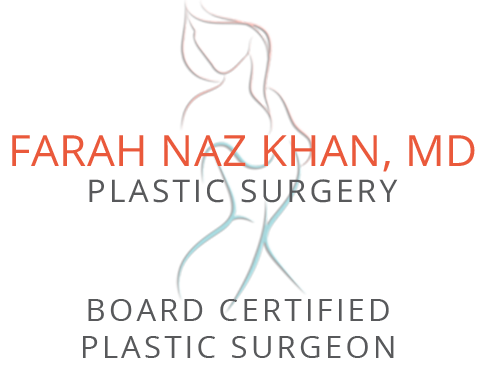
Model, not actual patient.
Rhinoplasty is a major cosmetic surgery procedure involving the nose, which is a prominent part of the face. Cost should ideally be a secondary consideration in such a procedure, but for many patients it becomes a starting point in their decision to go ahead with rhinoplasty. The monetary amount will usually be an out-of-pocket expense in this elective surgery.
The patient should feel free to ask all questions related to costs at the time of initial consultation. A dedicated surgeon will provide clear and accurate information to help the patient make a well-informed choice.
Fee of the Surgeon
The fee charged by the rhinoplasty surgeon will constitute an important component of the overall costs of procedure. This fee will usually depend on the surgeon’s credentials and expertise in the area of rhinoplasty cosmetic surgery. For instance, a nose job performed by a surgeon-in-training under the supervision of a senior surgeon will have a lesser fee cost than another surgeon with years of training and experience in rhinoplasty.
Surgical Facility Costs
The surgeon may perform rhinoplasty at a hospital, an accredited surgical center, or a private surgical suite. This decision will be made in consultation with the patient. The monetary amount and benefits will vary under each option. Most patients would go by the recommendation of their surgeon about the choice of surgical venue, or may determine their decision according to their budget for this surgery.
Anesthesia Expenses
If the rhinoplasty procedure is performed with the patient under general anesthesia, it will involve the services of an anesthesiologist or a certified anesthetist nurse. They may charge for their services by the hour, and the fee will vary according to their qualifications and experience. The surgeon will make the appropriate recommendation to the patient with regard to anesthesia.
Extent of Surgery
A relatively minor nose surgery procedure involving limited refinements such as enhancing the nasal tip or removing the nasal bump will cost less than a more complex surgery. Major or lengthy procedures such as nose augmentation or reduction or nasal reconstruction, nasal implants or functional corrections may entail an overall higher dollar figure of the procedure.
Post-Surgical Financial Factors
The patient should consider potential post-operative costs, which could include the costs of prescription drugs, medical tests, follow-up appointments, antibiotics and anti-nausea medications. A few patients may have to spend on advanced skin care products if they experience an acne breakout or hyperpigmentation in the months following rhinoplasty.
Insurance Aspect
If the rhinoplasty procedure involves functional corrections to improve breathing through the nose, the costs of the procedure may be covered by the health insurer. Large inferior turbinate and nasal vestibular stenosis are conditions that could create obstruction in the nostrils. Deviated nasal septum or nasal fractures may also cause breathing difficulties. If the procedure is medically necessary, the patient may receive full or partial insurance coverage.
To schedule a consultation with Board Certified Dallas Plastic Surgeon, Dr. Farah Khan please call 469-437-5426 or click here to contact us.

